How to Treat Your Acne At Home



IPSY Editors
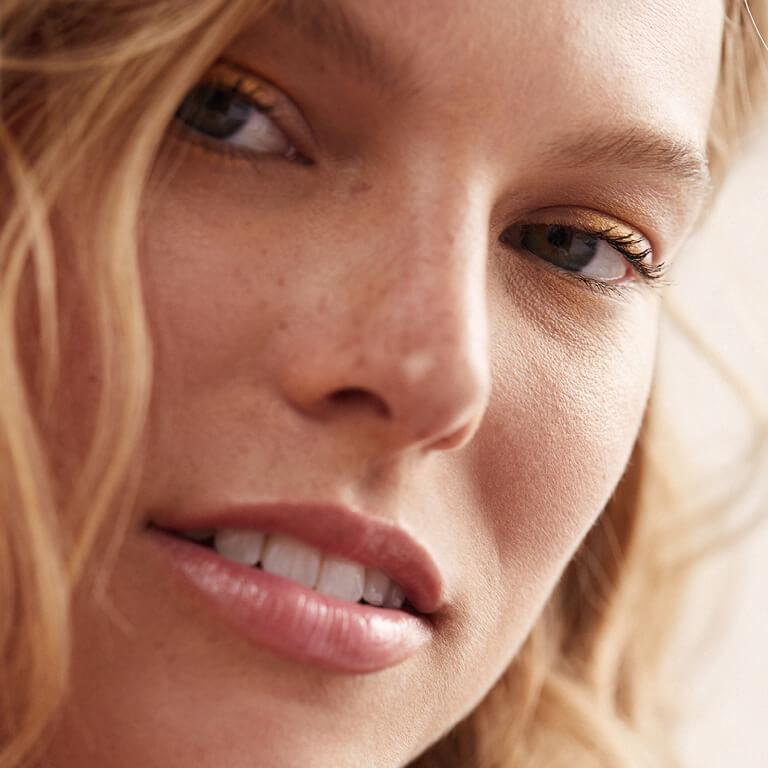

As annoying as acne can be, it’s a perfectly normal and super common skin condition. Of course, only a licensed dermatologist can properly determine how best to treat your acne (and decide if you need a prescription acne medication, like Accutane), but you can find some pretty powerful over-the-counter acne solutions to help keep occasional breakouts at bay–without harsh side effects.
Keep reading below for our round-up of the most well-known and effective acne treatments on the skincare market today.
It's about glam time you treated yourself.
Join IPSY

But First, Let’s Talk About What Acne Is
What is acne, anyway? Acne refers to blemishes that crop up when dead skin cells clog the hair follicles in our skin. Acne includes pimples, pustules, papules, whiteheads, blackheads, and more, which usually appear on and around your face, chest, and back.
Acne can be irregular and hormonal, like experiencing a breakout around your period or only during a time of increased stress. Other times, acne can be a long-term skin condition, like severe acne or cystic acne (acne that features inflamed pimples and pustules). And, while acne has long been associated with puberty, the end of your teenage years unfortunately doesn't signal the end of breakouts: adult acne is what dermatologists call pesky pimples that pop up in your twenties and beyond.
But don't stress–no matter which type of acne you have, there are ways to treat it. Which treatment you use, though, depends on what exactly is causing your acne in the first place.
What Causes Acne?
Everything from your diet, skin type, stress, hormone levels, sleep, not using the right skin care products, and even weather(!) can all cause acne and breakouts.
And, since everyone’s skin is unique, there’s no one-size-fits-all acne solution. If you've tried a bunch of home acne treatments in the past and find nothing works, the best way to get to the root of what's causing your acne is to visit a dermatologist. They can then prescribe you prescription medications, like topical antibiotics, oral antibiotics, or even oral contraceptives (like birth control pills) to regulate your hormones.
Outside of prescription treatments, the best way to get your acne under control is to develop a powerful breakout-busting skincare routine. The best skincare routines for acne-prone skin will include products made with at least one of these five super-powerful ingredients highlighted below.
How to treat acne, 5 different ways
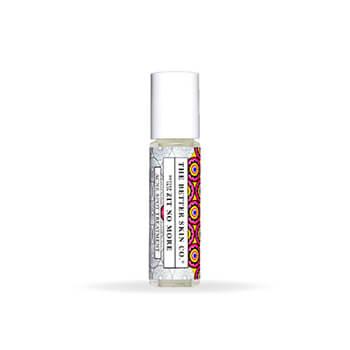
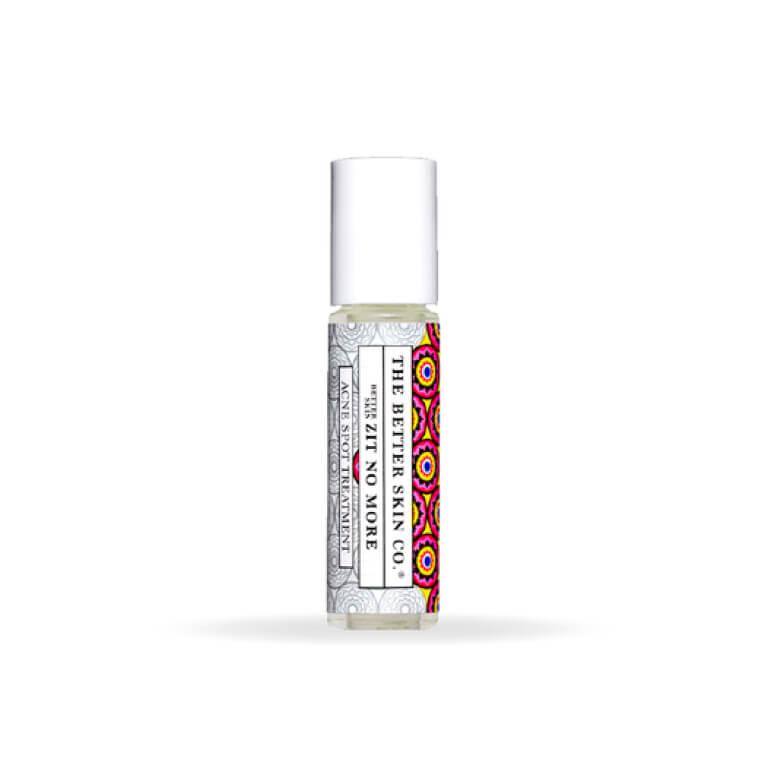
Acne treatment method 1: salicylic acid
One of the most common active ingredients you’ll come across in the world of acne skin care is salicylic acid. Salicylic acid is a beta hydroxy-acid (BHA), meaning it absorbs excess oil (or sebum) and works as an exfoliating agent to clear dead skin cells out of your hair follicles. The result? Blemish-free, clear skin.
Salicylic acid comes in many forms. Spot treatments, like BETTER SKIN CO.'s Better Skin Zit No More, are great for targeting individual pimples. Salicylic acid cleansers and sheet masks, like these GRACE & STELLA CO. Acne Treatment Facial Sheet Masks, work best for an all-over acne flare or for continued treatment even when you aren't experiencing a break out.
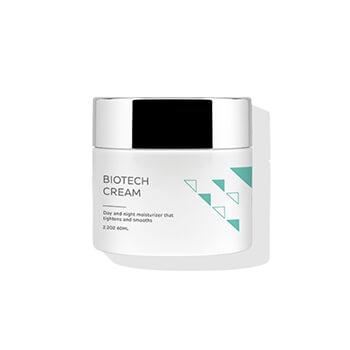
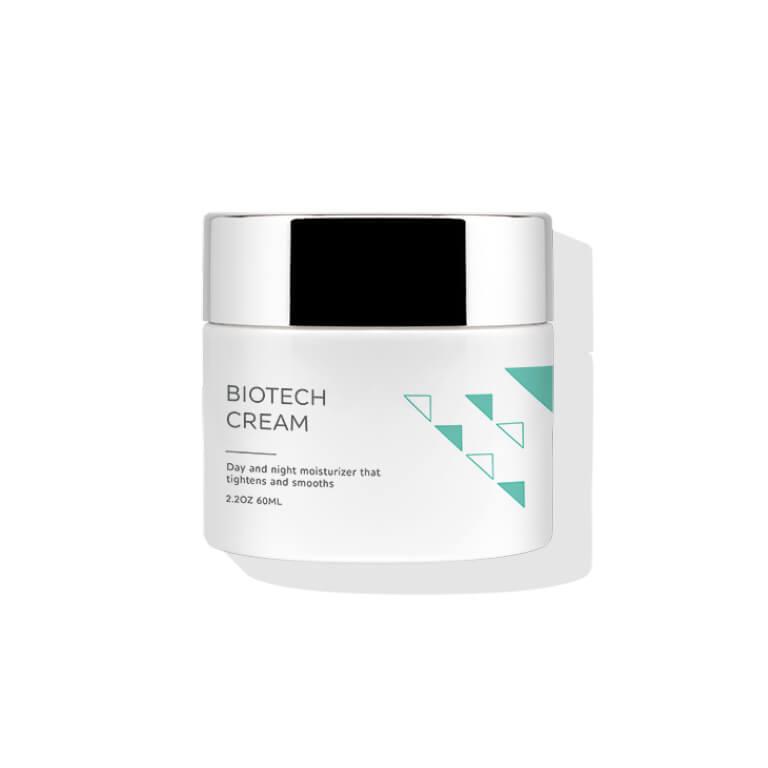
Acne treatment method 2: benzoyl peroxide
Benzoyl peroxide is another great ingredient to look for in home acne treatments. It’s known for its antibacterial properties that stop acne before it starts by killing breakout-causing bacteria. Benzoyl peroxide also works wonders for oily skin and inflamed pustules.
However, because of its strength, benzoyl peroxide can be somewhat harsh on sensitive skin, so steer toward products with just 2% the ingredient.
As with salicylic acid, benzoyl peroxide comes in a variety of forms, but we’re big fans of this OFRA COSMETICS Biotech Cream. This day-to-night cream is made with an antioxidant-rich moisturizer to limit the drying side effects benzoyl peroxide can have, while also providing powerful anti-acne treatment.
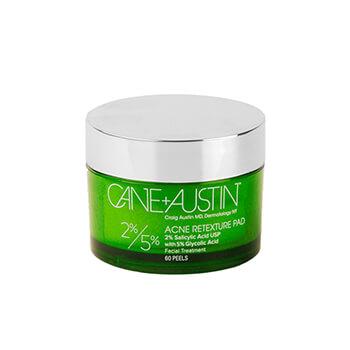
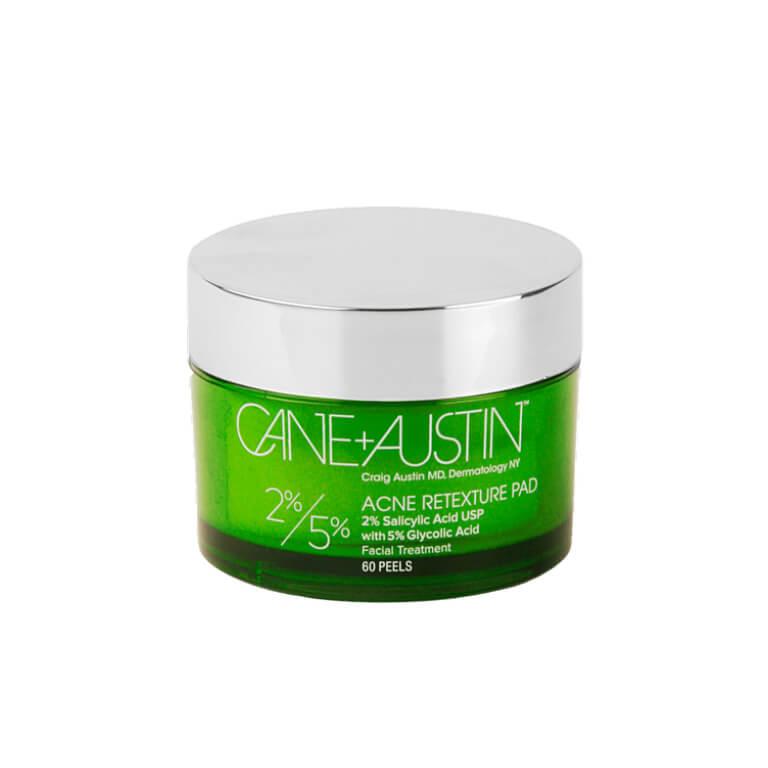
Acne treatment method 3: glycolic acid
Similar to salicylic acid, glycolic acid helps dissolve dead skin cells and debris that clog our hair follicles and cause acne. Unlike salicylic acid, though, glycolic acid is an alpha-hydroxy acid (AHA). These types of acids are known for their gentler exfoliating abilities that improve skin tone and complexion.
Dry skin types might prefer this option, since it’s not as harsh as other acne-fighting active ingredients, but glycolic acid is also great for oily skin types, too. And there are a variety of products to choose from: from cleansers (like this PISTACHÉ SKINCARE Exfoliating Clay Cleanser with Glycolic Acid), to toners (like this DERMADOCTOR Ain't Misbehavin' Healthy Toner with Glycolic & Lactic Acid), and even treatment pads like (CANE + AUSTIN Acne Retexture Pads) for treating pimples on-the-go.
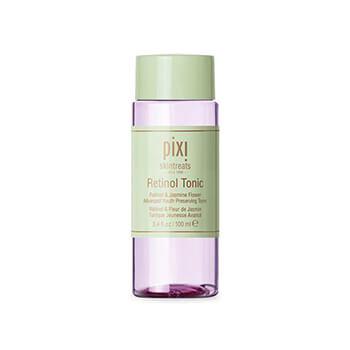
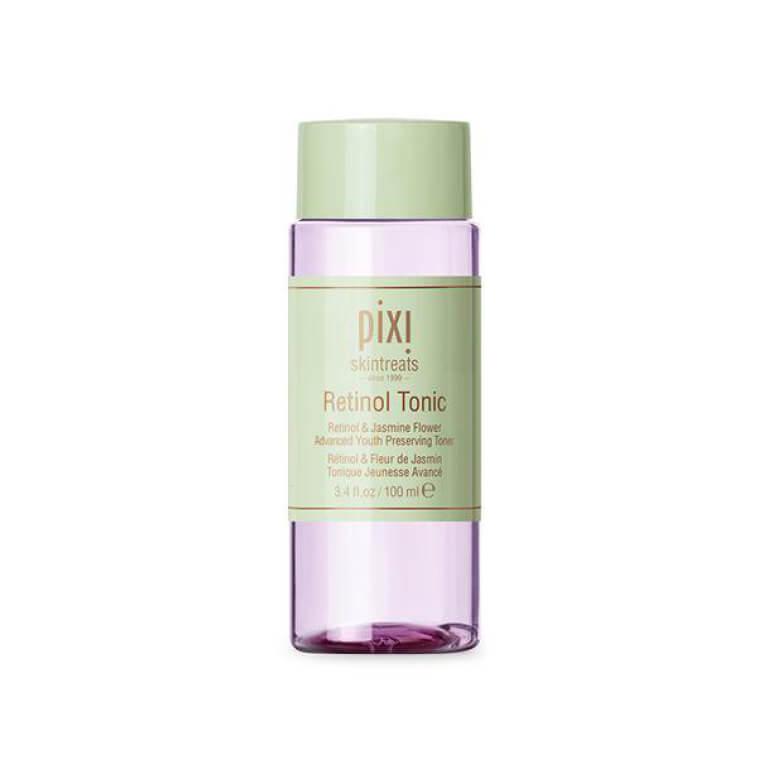
Acne treatment method 4: retinol
Retinol is one of those magical skin care products that seemingly has it all. You’ve likely heard of retinol’s anti-aging benefits, but the Vitamin-A packed moisturizer solution also helps calm acne-prone skin like nobody’s business.
In addition to boosting collagen to smooth fine lines, retinoids help reduce oil production, unclog pores, and even prevent acne scars and hyperpigmentation (dark spots) from developing.
Dermatologists have been prescribing retinoids to their patients for ages, but this miracle ingredient is available in dreamy over-the-counter products, as well. And these products don't just treat acne: they help and heal a variety of other issues, too.
For example, this PIXI BY PETRA Retinol Tonic toner is made with antioxidants to boost complexion, while this NO B.S. Retinol Night Cream is lavender oil and moisturizing hyaluronic acid for a nourishing night’s sleep.
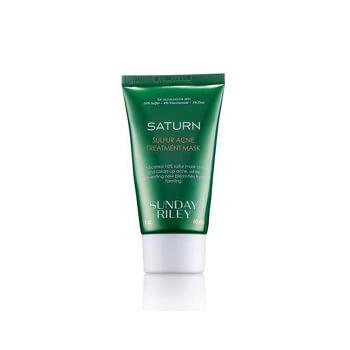
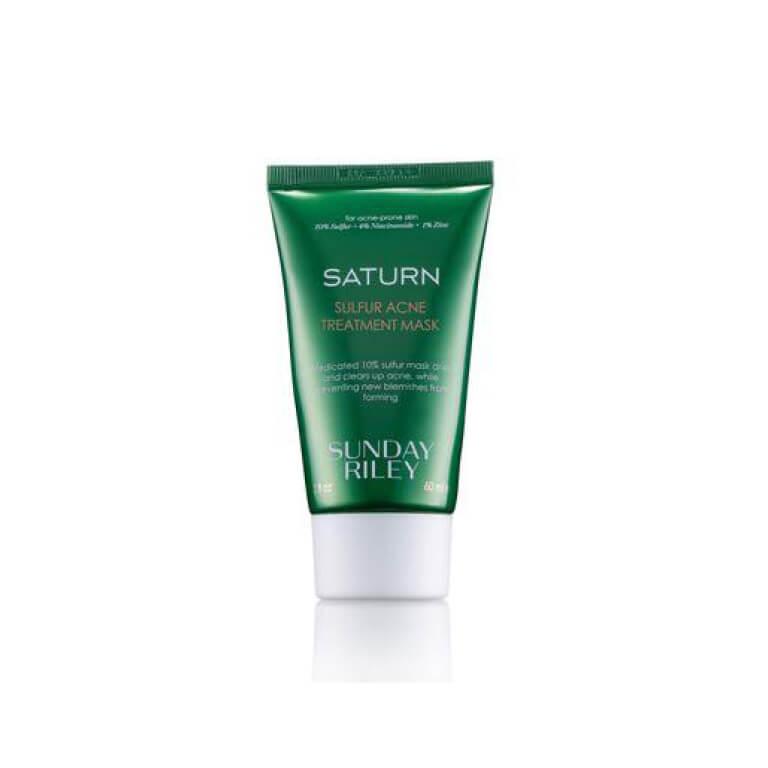
Acne treatment method 5: sulfur
Yes, sulfur is stinky. But the smell is worth it after you see how well it absorbs oil from pimples and debris from blackheads. This natural element is almost as powerful as benzoyl peroxide and salicylic acid, but it’s typically gentler on sensitive or dry skin. However, if you struggle with severe acne, sulfur may not be strong enough for your skin care needs.
That being said, there are a range of skin care products that use sulfur to effectively treat and prevent acne. This luxurious SUNDAY RILEY Saturn Sulfur Acne Treatment Mask is so luxe, it doesn't even smell–in fact, it's totally fragrance-free! Want to zap a zit on the go? This DERMADOCTOR Ain't Misbehavin' Intensive 10% Sulfur Acne Mask & Emergency Spot Treatment is a versatile cream-and-mask combo that's non-comedogenic and non-irritating, too.
Acne is nothing to fear or fret about: in fact, it’s an annoying but totally manageable part of many people's skincare lives.
And while a dermatologist can totally help you find the right prescription medication if you have cystic acne or severe acne, most breakouts can be easily treated at home. As long as you look for those products that have healthy doses of benzoyl peroxide, glycolic acid, salicylic acid, sulfur, or retinol, you’ll be on your way to beautiful, clear skin in no time.
Want in on all the Glam Bag fun? Take the beauty quiz now to get started. And don’t forget to check us out on Instagram and Twitter @IPSY.
Liked this post? Share!
Related Stories
How-To
Try a Soft Goth Aesthetic This Season to Evoke Your Inner Wednesday Addams
Published on Feb 23, 2023


How-To
How to Cover Melasma With Makeup Like a Pro in 4 Simple Steps
Published on Sep 26, 2025 • 5 min read


How-To
How to Do Your Eyebrows: A 5-Step Guide (Pro Tips + Tools)
Published on Sep 23, 2025 • 8 min read


How-To
12 Easy Ways to Make Your Eyes Look Bigger With Makeup, According to the Pros
Published on Sep 18, 2025 • 12 min read


How-To
Your Ultimate Guide to Covering Up Tattoos With Makeup
Published on Sep 10, 2025 • 8 min read


How-To
Removing Your Mascara Is Key to Lash Health—Here’s How the Pros Do It
Published on Sep 10, 2025 • 4 min read


How-To
Don’t Know How to Apply YourFoundation With a Brush? We’ll Teach You!
Published on Sep 9, 2025 • 8 min read
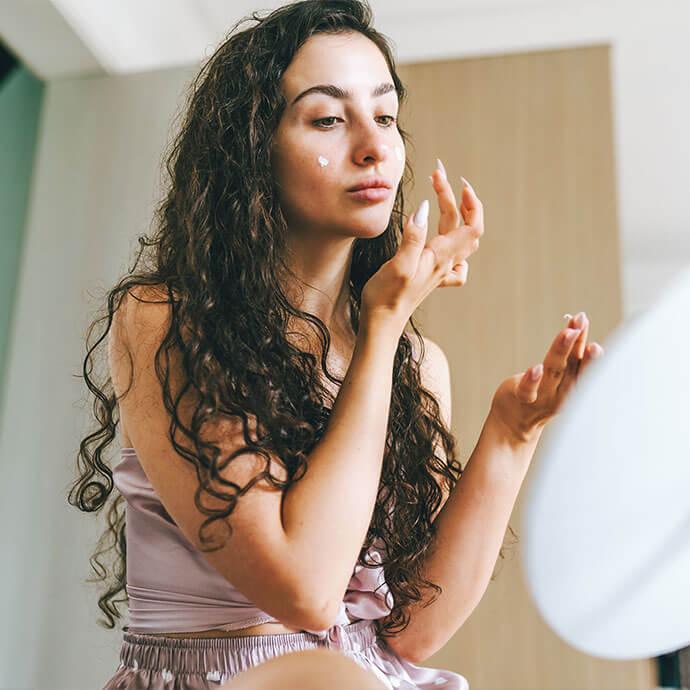
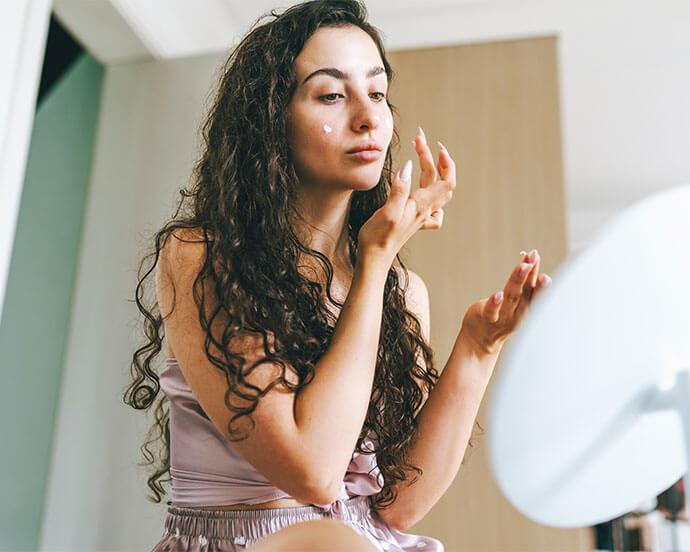
How-To
Your Makeup Will Last Longer If You Follow These 7 Skin Prep Steps
Published on Sep 8, 2025 • 8 min read


Beauty Picked Just for You
Get 5 products worth up to $70
Plus exclusive access to epic deals up to 80% off
Starting at just $14/month. Cancel anytime.